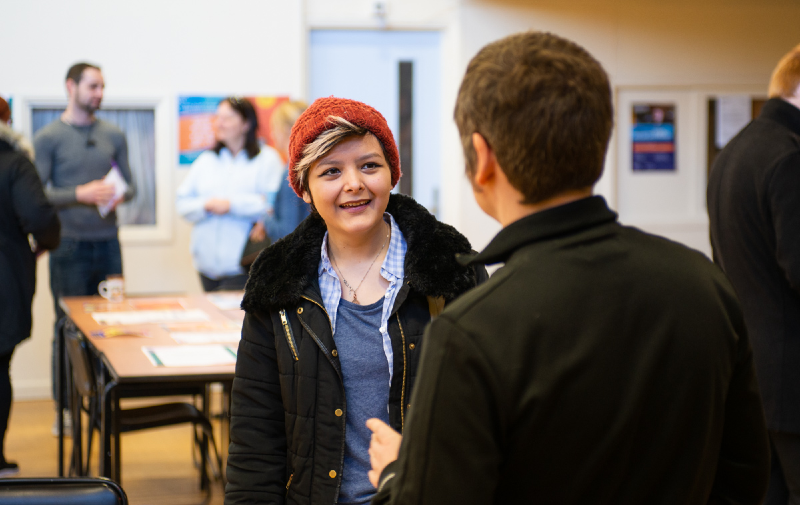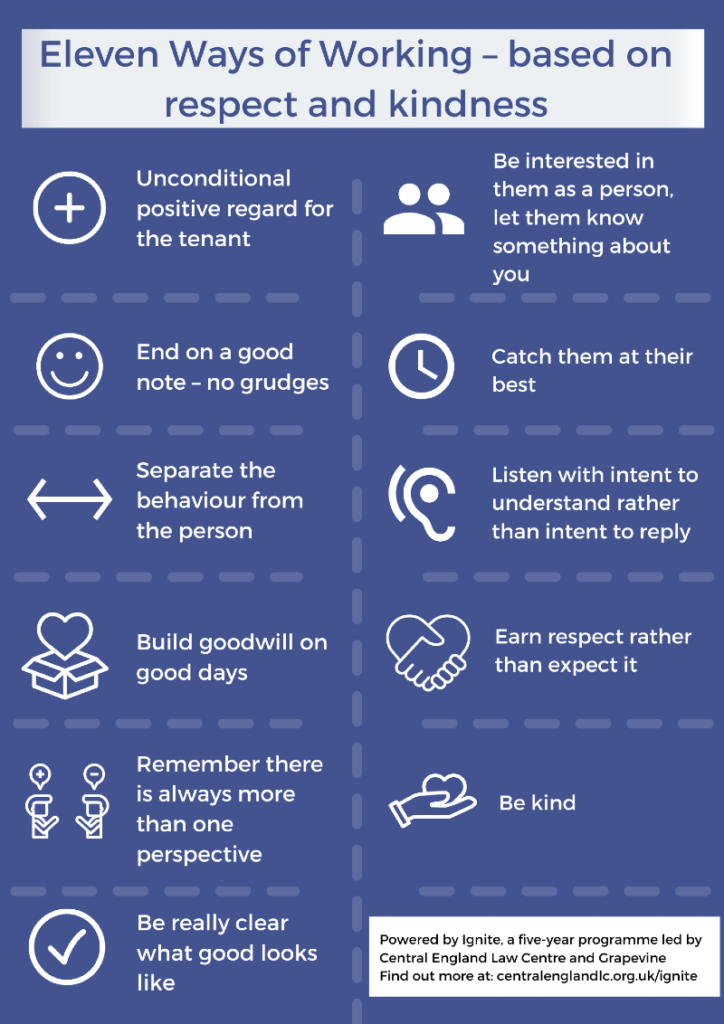A national report bringing together insights and reflections from leading thinkers and practitioners on the importance of early action and its influence on policy and practice is highlighting Grapevine and Central England Law Centre’s Ignite programme in Willenhall as a case study of how it can really work.
Ignite saw the two organisations embark on a five-year journey in partnership with Coventry City Council’s Children’s Services and Citizen Housing (formerly Whitefriars Housing Group), exploring how to redesign support from public sector services to help people earlier and build resilience in those least able to cope.
Follow this link to visit our strategy and reports page.

The national Community Links report, written by Civil Exchange Director Caroline Slocock, shares insights from our report on Ignite which aimed to reduce demand on Children’s Services and housing – laying strong foundations for positive relationships from the start, acting early and differently, and amplifying community responses to problems – among other ways of working to activate early action.
“There is always something you can do at a very practical level. Our work was a ‘call to action’, helping to challenge notions that as poverty is so pervasive and entrenched, professionals can do little more than tackle the symptoms.” (Ignite report)
Ignite also sought to initiate a shift in how resources are allocated in Coventry, as well as raising people’s aspirations for their lives and expectations of themselves, improving communities’ ability to resolve their own problems and ensuring fewer people reach crisis point. Part of this was building legal knowledge, confidence and skills in people to help them deal with everyday law-related issues.
Read more on the Ignite programme and final report on Central England Law Centre’s website here.
Ignite was funded for five years by the Early Action Neighbourhood Fund, supported by Comic Relief, The National Community Lottery fund, Esmée Fairbairn Foundation and Barrow Cadbury.

Other learnings shared in our report and the Community Links report
- It is all about relationships. Early help starts with building trust, developing relationships at a personal level through honesty, empathy, and availability.
- The ability to be alongside and work relationally with people is a crucial skill. The words used and how people speak all impact on the willingness of a person to accept help.
- Connecting people to community-based support can address problems before they escalate.
- Creating partnerships is essential for early action to succeed.
- The practical activation of rights and community level help has generated a ‘sense of hope’, building the agency and resilience of people in the community and the practitioners.
- Commitment at a senior level is important, but it is no guarantee of success; it’s worth asking “who are the best people to make change happen?”
Click the report cover image below to read ‘Ignite: A Story of Activating Early Action.’
The image below is a blue and white infographic displaying eleven ways of working based on respect and kindness. They are:
- Unconditional positive regard for the tenant
- Be interested in them as a person, let them know something about you
- End on a good note – no grudges
- Catch them at their best
- Separate the behaviour from the person
- Listen with intent to understand rather than intent to reply
- Build goodwill on good days
- Earn respect rather than expect it
- Remember there is always more than one perspective
- Be really clear what good looks like
- Be kind.


